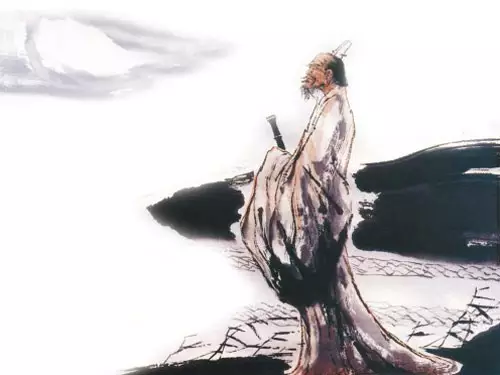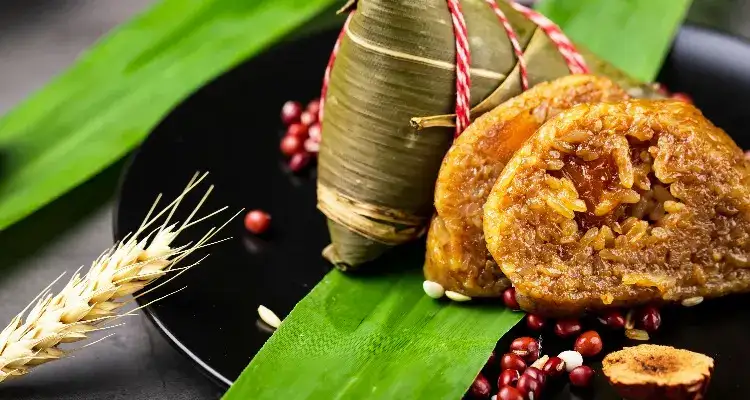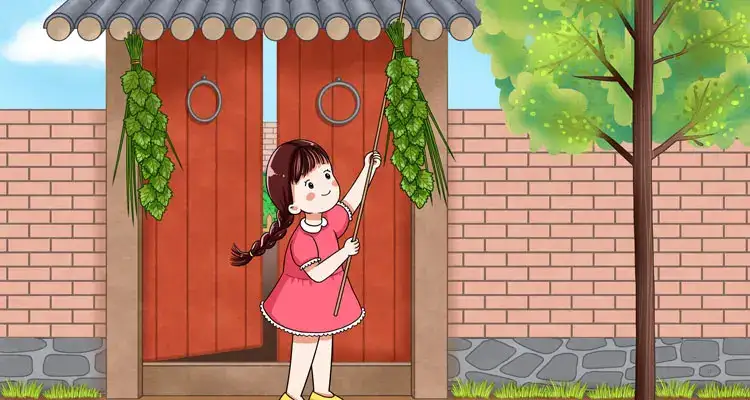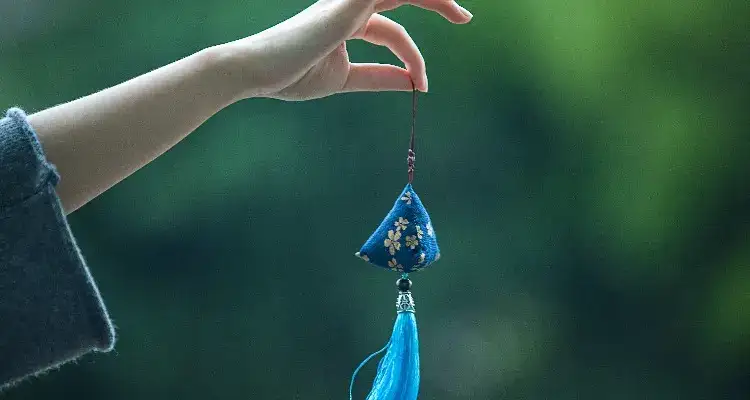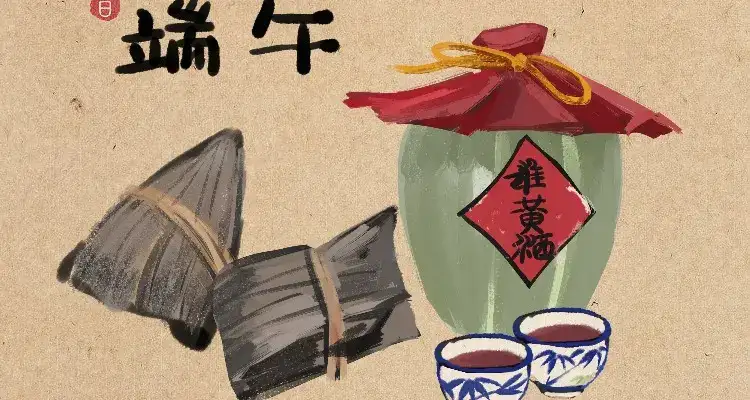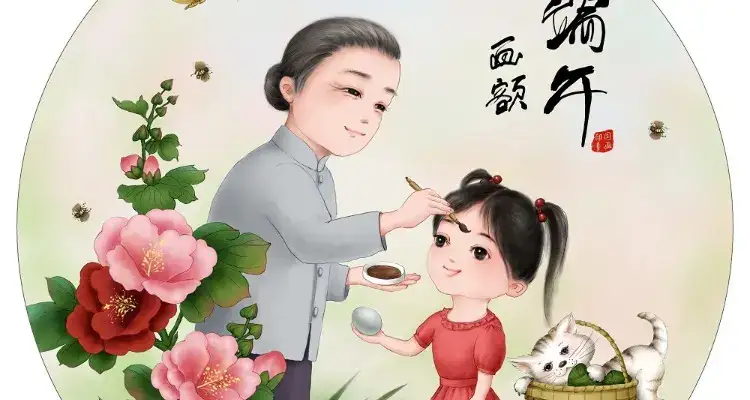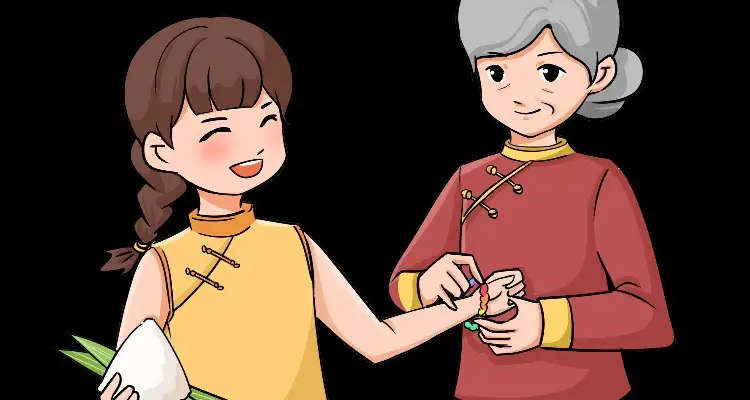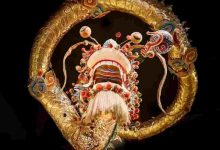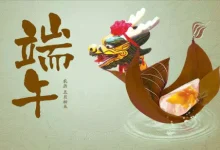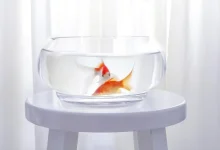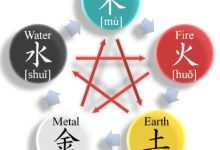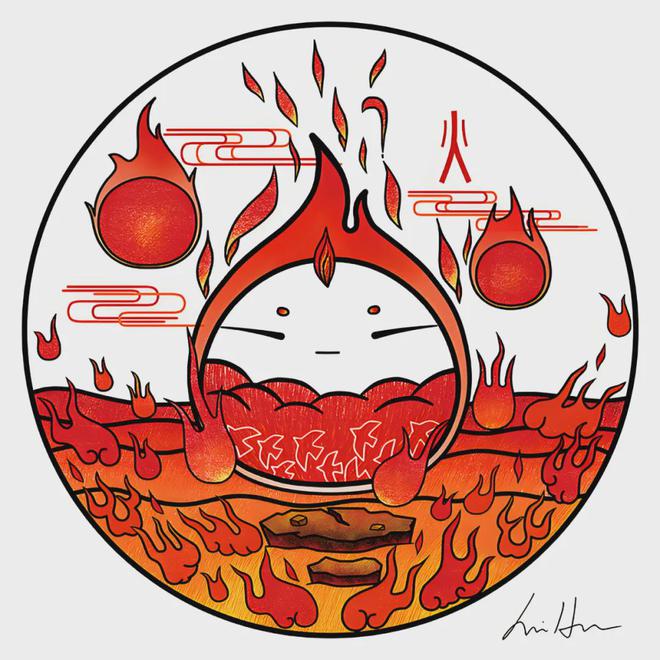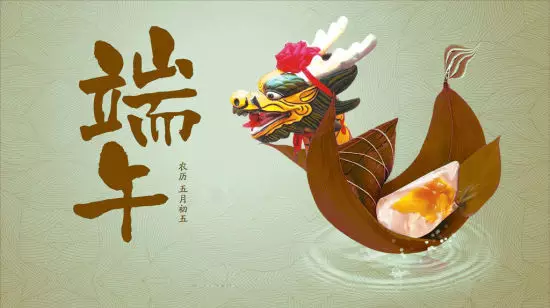
Introduce to the Dragon Boat Festival
The Dragon Boat Festival is a traditional Chinese holiday celebrated not only within China but across various Asian nations as well. This colorful event provides a fantastic opportunity for celebration and culture exploration!
This festival can trace its roots back over two millennia to Qu Yuan, a minister in China’s Warring States period who was exiled for opposing King Zheng and wrote passionate and patriotic poetry while exiled. When confronted by grief about the state of his homeland, Qu took his own life by drowning himself in Miluo River.
Legend has it that Qu Yuan was much beloved among his local people and they mourned his passing with great sorrow. Outraged, they raced out in boats in an effort to rescue or retrieve his body; this act of devotion would become what is now known as dragon boat racing.
Today, dragon boat races take place around the world annually on the fifth day of the fifth lunar month and are vibrant events that celebrate community and endurance. Each dragon boat typically holds 24 paddlers who row together to the rhythmic beat of drums while excited spectators cheer from nearby waterfront venues.
Historical Origins of Dragon Boat Festival
Scholars believe the Dragon Boat Festival predates its popular interpretation. Scholars speculate it originated as an ancient fertility rite meant to guarantee a bountiful rice
harvest in early China where dragons were considered rainmakers and river spirits essential to growing rice crops.
Held around the summer solstice, this festival marks the Yin-Yang transition–from growth energy to decay energy–with early celebrations meant to restore balance and protect against illness or misfortune as summer heat approached.
Over time, original agricultural practices merged with folk legends of sacrifice and apotropaic (evil-warding) rituals, culminating in the multifaceted Dragon Boat Festival we know today; one with roots both seasonal necessity and storytelling.
China’s Cultural Revolution (1966-1976), when traditional beliefs were targeted, suppressed the holiday. Thanks to cultural preservation efforts in recent decades, however, it was revived – becoming officially recognized as a public holiday and adding it to UNESCO’s Representative List of Intangible Cultural Heritage of Humanity the following year.
Legend tells of Qu Yuan (c. 339-278 BCE), an honorable minister during the Warring States period who was falsely accused of treason and exiled to southern Chu. When its capital fell, Qu committed suicide in Miluo River on the fifth day of fifth month by drowning himself.
Key Traditions and Customs of Dragon Boat Festival
The Dragon Boat Festival, or Duanwu Jie (端午节), is one of China’s most vibrant and symbolic traditional holidays. Though dragon boat racing and zongzi (sticky rice dumplings) often dominate this celebration, there’s so much more that goes on behind-the-scenes at this event that may go unseen by visitors. From hanging fragrant herbs to painting kids’ foreheads – here are seven customs that bring Duanwu Jie alive – some still widely practiced while others have begun to fade with time.
1. Racing Dragon Boats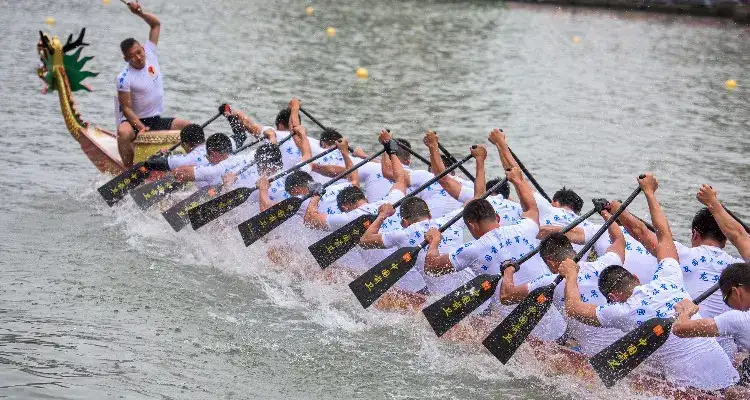
One of the oldest traditions dating back two millennia, dragon boat racing remains an exhilarating display of strength, rhythm and rhythmic beauty. Teams row long boats ornately decorated with carvings to the beat of drums in re-enacting Qu Yuan’s drowning in Miluo River 278 BCE as teams row alongside long drum beaters retracing his steps through long river bends to find his body before sinking them again!
Today, races are organized both domestically and internationally in China with the belief that winning brings luck and happiness for the year to come.
2. Eating Zongzi (Sticky Rice Dumplings)
No Duanwu Festival would be complete without Zongzi, pyramid-shaped sticky rice dumplings wrapped in bamboo leaves and made famous during their appearance during Qu Yuan’s burial procession. This tradition began when locals would throw rice into rivers to feed fish or to protect his body during burial services.
- Zongzi are typically filled with dates in northern China.
- Southern cuisine often includes savory options with meat, salted egg or beans as their ingredients.
Zongzi are now enjoyed not only in China, but also across Korea, Japan and Southeast Asia.
3. Suspending Calamus and Wormwood for Hanging
Calamus and wormwood plants have long been used as natural insect repellents and to ward off evil spirits; many households now hang them over doors and windows to ward off summer pests and bad luck. Their sword-shaped leaves may even serve as protection from any evil spirits lurking about.
This tradition is especially prevalent in rural areas and symbolizes protection and health for the family, particularly children.
4. Wearing Perfume Pouches
Pouches (香包) worn around the neck as amulets, perfume pouches (Xiang Bao) are small embroidered pouches filled with herbs such as calamus, wormwood and realgar to ward off disease and misfortune during what’s considered the “unlucky” fifth lunar month. They’re said to protect from disease as well as misfortune.
Pouches can serve both as festive accessories and childhood mementos for many.
5. Drinking Realgar Wine
Consuming Realgar Wine Realgar wine (雄黄酒), once an essential part of Duanwu celebrations, is a traditional Chinese liquor mixed with powdered realgar and widely believed to provide protection from illness and infection.
Though no longer widely consumed due to health considerations, realgar wine was once widely consumed to repel evil, detoxify the body, and keep insects at bay.
6. Painting Foreheads With Realgar Wine
As part of a related tradition, parents paint the symbol for “王”, or king, on their children’s foreheads using realgar wine to invoke tiger energy and strength over evil. This custom symbolizes strength, protection and dominance over negativity.
Some also dab wine on ears, hands and noses for extra protection against disease.
7. Tying Five-Color Silk Threads Together
Children in many parts of the world wear five-colored silk threads on their wrists, ankles, or necks to represent the Five Elements and protect themselves from evil forces. Red, green, yellow, white and black silk threads have come to be considered auspicious symbols representing balance, vitality and protection from negativity.
Once a certain time passes, threads may be cut and cast away in running water to wash away misfortune and bring about relief.
Bonus Traditions: Lesser-Known but Still Practiced
As an extra measure to protect their home from demons, some Chinese families hang Zhong Kui images (an iconic mythological demon slayer) around their walls to bring good luck and keep away evil forces.
Making eggs stand up at noon — A popular belief suggests that if an egg stands upright at midday, good fortune lies ahead.
As part of a detox and cooling regime, using herbal water, boiling garlic cloves or eating “five yellow foods” are great ways to cleanse and rejuvenate the body.
Dragon Boat Festival and Its Significance for Culture
The Dragon Boat Festival is more than just an elaborate boat racing competition and delicious sticky rice dumplings — it represents thousands of years of Chinese philosophy, seasonal customs, historical memory and symbolic ritual.
1. Honoring Loyalty and Patriotism
At its heart, this festival pays homage to Qu Yuan – a patriotic poet and statesman from China’s Warring States period who committed suicide by drowning himself to protest political corruption – whose story has been passed down for over 2000 years and highlights enduring values such as courage, honesty and perseverance.
- Loyalty to one’s country and moral integrity and resistance against injustice are essential attributes of citizenship.
- Literature and the written word can have immense power to transform lives.
Qu Yuan’s legacy adds a solemn, reflective air to this celebration, often being known as Poet’s Day in his honor.
2. Seasonal Transition and Ancient Cosmology
The festival takes place annually during the fifth day of the fifth lunar month, at or around summer solstice; an event generally associated with increased “Yang” energy that can bring heat, decay, disease and misfortune.
Early Duanwu celebrations were intended to:
- Protect against evil spirits and pestilence
- Protecting and promoting balance (via rituals, herbal medicines and talismans) are paramount for overall wellness.
- Reflect traditional Yin-Yang cosmology and seasonal awareness
Festivals were used as a form of ritual protection against nature’s hazards, especially within premodern agricultural societies.
3. Cultivating Agricultural Traditions
Scholars believe the festival’s origins lie in ancient fertility and harvest rituals in southern China where dragons were revered as rain-bringing deities essential for rice farming.
- Dragon boats may have originally symbolized water and agriculture-related deities as gods of water and agriculture.
- Rituals were performed to appease river spirits, increase rainfall and protect crops.
Dragons, rivers, and rice remain emblematic of this festival’s aesthetic and cultural symbolism even today.
4. Protection and Community Well-Being
Duanwu customs revolve around protecting children from illness and bad fortune, especially during times of great danger or illness. Examples of these practices are:
- Wearing perfume sachets and five-colored silk threads.
- Consuming or applying realgar wine
- Hang calamus and wormwood on doors to add fragrance.
These traditions reflect traditional folk medicine and demonstrate how festivals were once as much about collective health as celebration.
5. Unity and Identity in Cultures
Modern societies celebrate the Dragon Boat Festival:
- Acts as a symbol of Chinese heritage and national pride
- Connects overseas Chinese communities to their roots
- Taiwan, Hong Kong, Macau and Southeast Asia all celebrate these traditions together.
Since 2009, UNESCO has honored this event by including it in their Intangible Cultural Heritage of Humanity list – acknowledging its global cultural value and reinforcing its status.
The Dragon Boat Festival is more than a special day on China’s lunar calendar – it is a vivid representation of Chinese culture. Honoring poets, protecting health, calling upon dragon gods, building community spirit and honoring poets all contribute to making this an eventful tradition with lasting roots that continues to develop while remaining true to core values.

 Feng Shui Mystery
Feng Shui Mystery